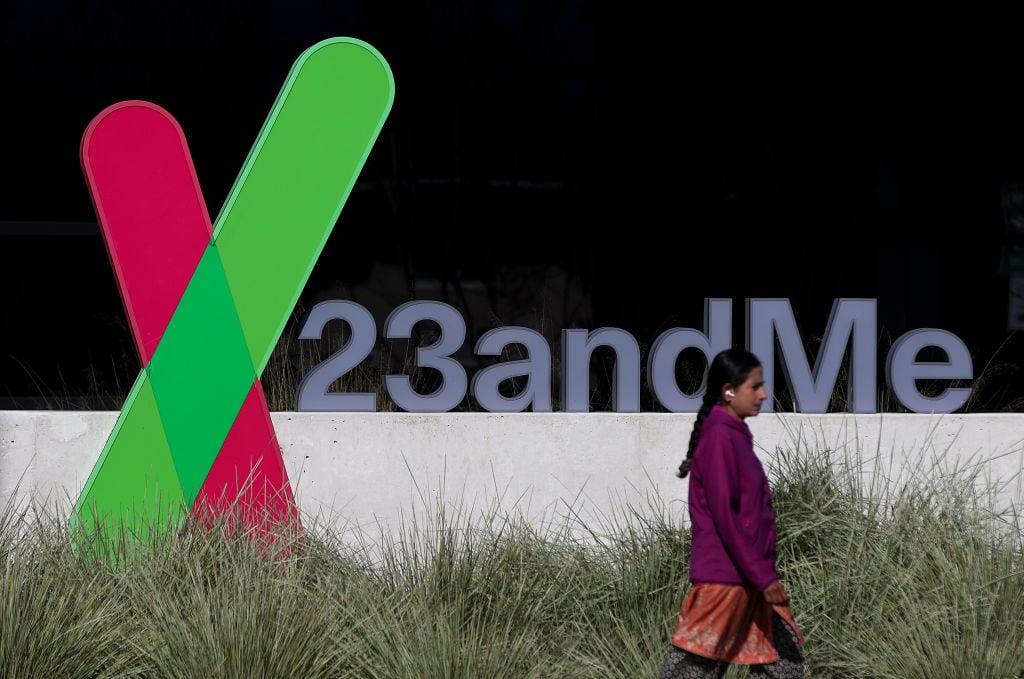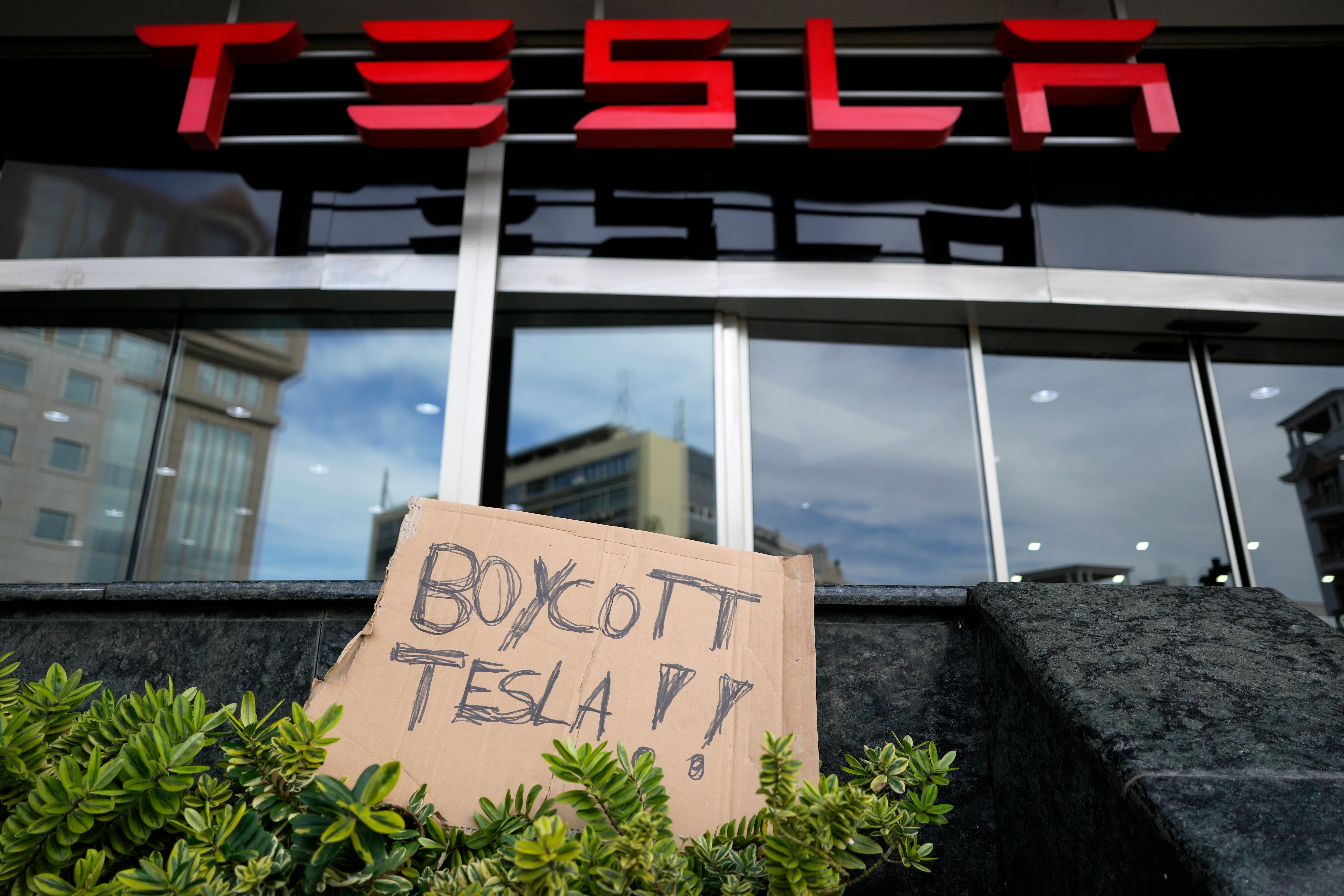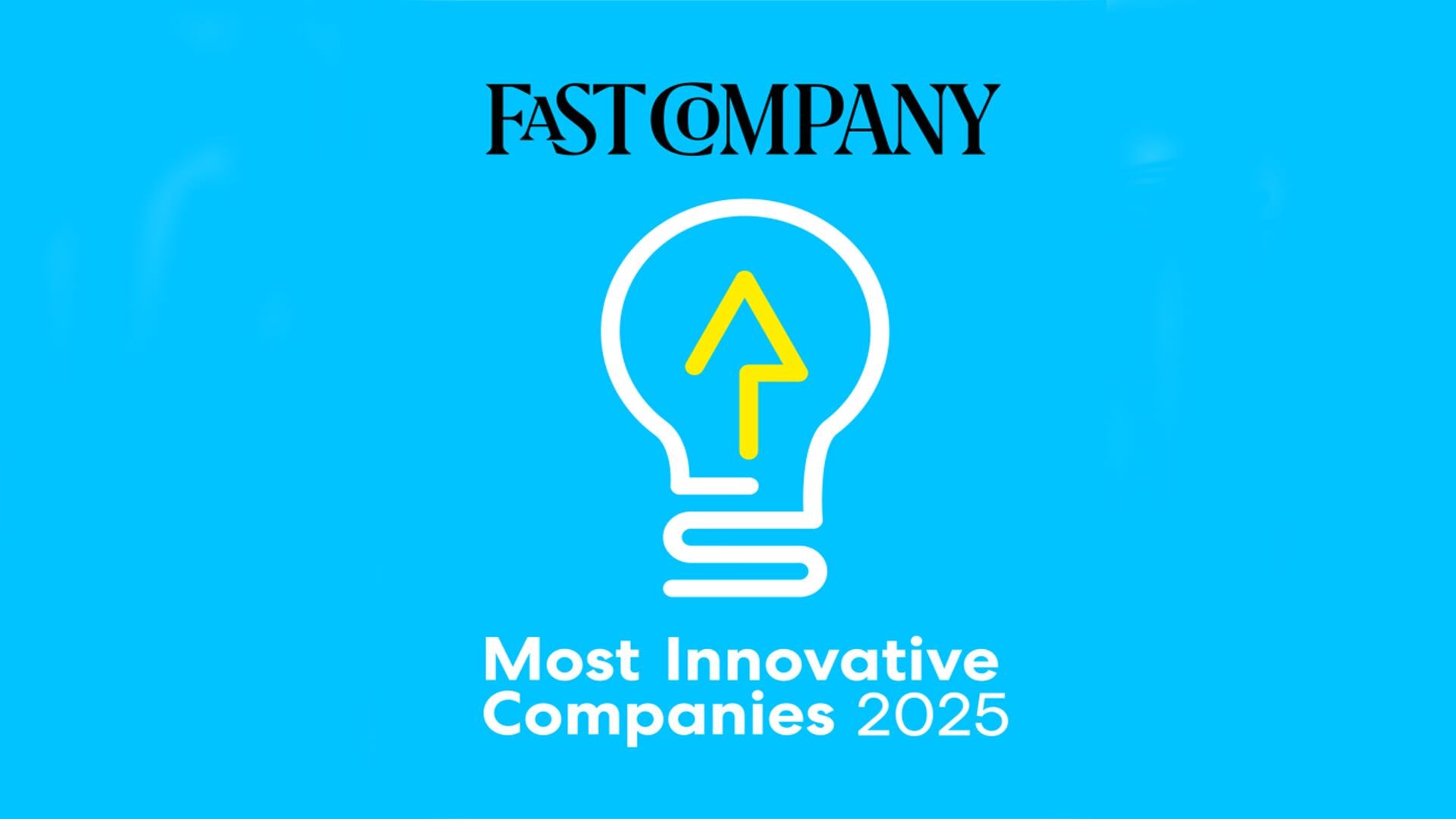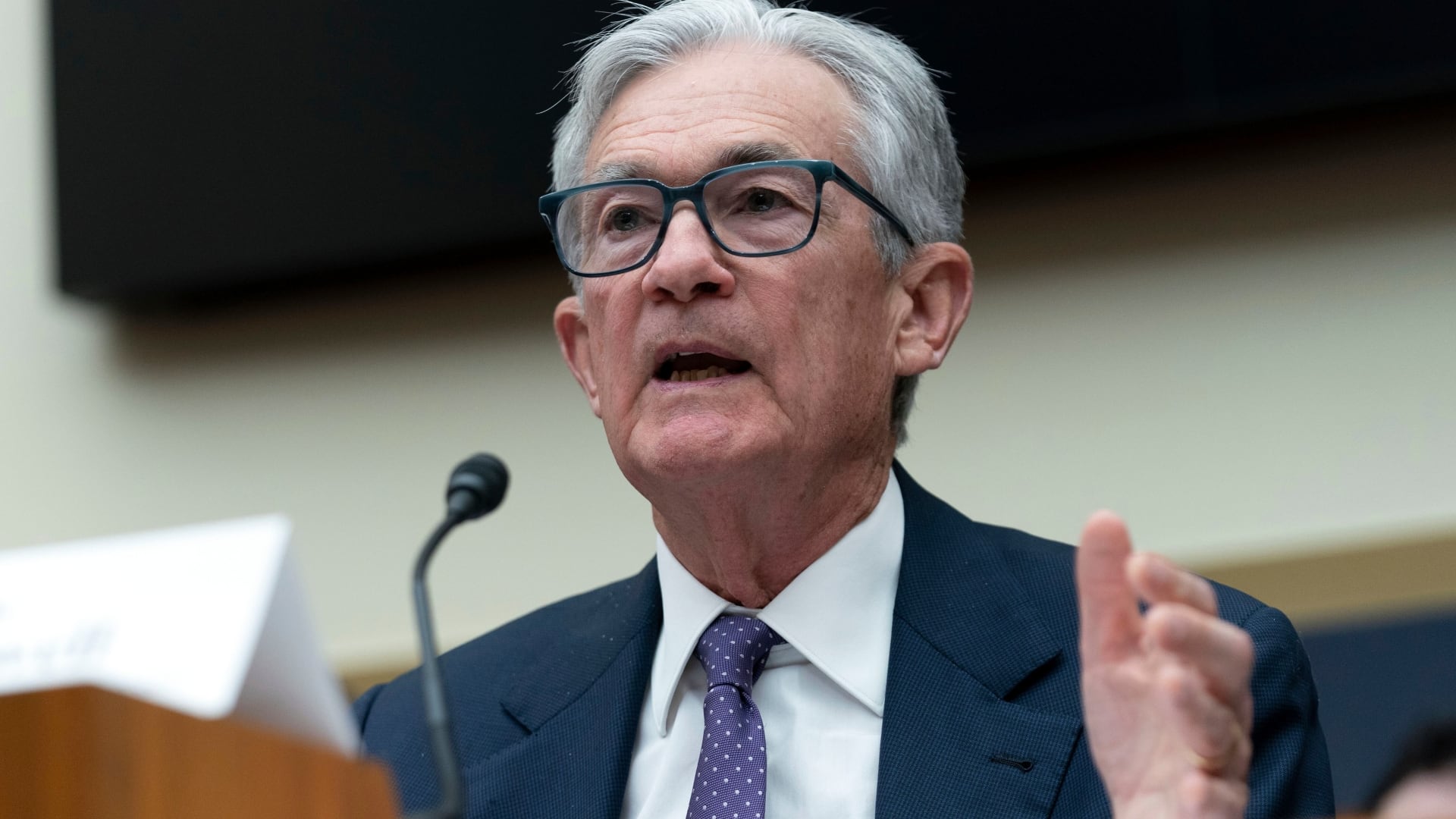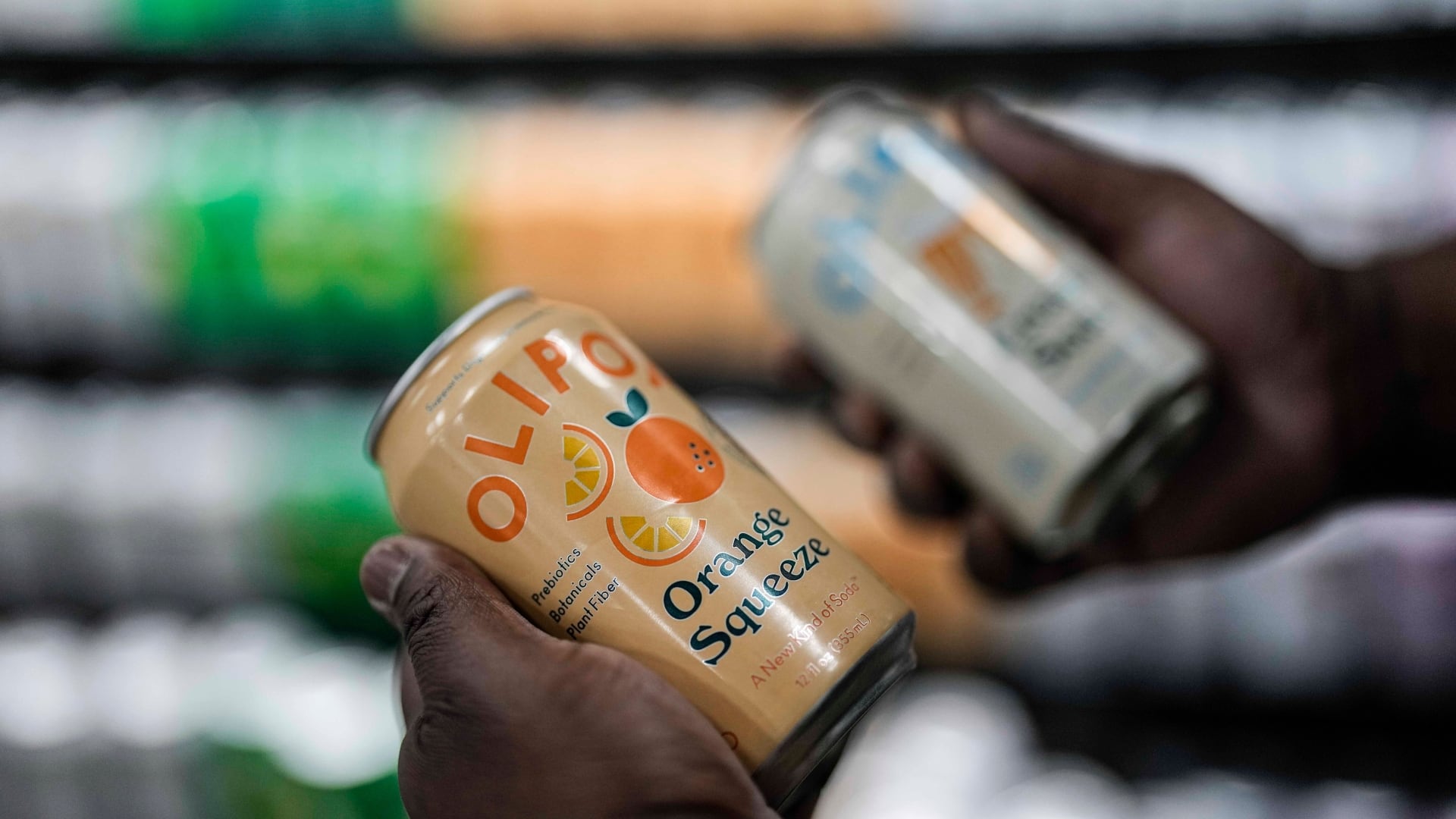*By Chloe Aiello* Apple spiked in extended trading on Tuesday after reporting earnings and revenue that pleased Wall Street. Apple ($AAPL) reported earnings per share of $4.18 on revenue of $84.31 billion, just exceeding the expectations of analysts surveyed by Thomson Reuters for earnings of $4.17 per share on $83.97 billion in revenue. Earnings increased year-over-year, thanks partially to [Apple's generous share buy-back program](https://www.wsj.com/articles/the-investment-that-cost-apple-9-billion-in-2018-11545925184?mod=hp_lead_pos2), but revenue slid about 4.5 percent from the prior year. Apple’s reported revenue beat guidance the tech behemoth issued in early January, but easily missed the $89 billion to $93 billion revenue range Apple guided toward in November, when it last reported earnings. “While it was disappointing to miss our revenue guidance, we manage Apple for the long term, and this quarter’s results demonstrate that the underlying strength of our business runs deep and wide,” Apple CEO Tim Cook [said in a statement](https://www.apple.com/newsroom/2019/01/apple-reports-first-quarter-results/). Apple's Chief Financial Officer [Luca Maestri last quarter announced Apple would no longer break out iPhone unit sales](https://cheddar.com/videos/apple-trying-hide-something-reporting-shakeup). But in its earnings statement, Apple acknowledged that iPhone revenue declined 15 percent from the prior year, as revenue from other products and services grew 19 percent. But Maestri added on a call with analysts Tuesday that the global active install base of iPhones is growing and "reached an all-time high at the end of December." He said it surpassed 900 million devices, up year-over-year in all geographic segments, even China, and grew almost 75 million in the last 12 months. Services alone generated an all-time high revenue of $10.9 billion, up 19 percent year-over-year. Apple has been positioning itself to grow its services offerings, like iCloud and App Store, as sales have faltered for the iPhone, its core product. Apple also offered guidance for the ongoing quarter. The company said it expects revenue between $55 billion and $59 billion. Heading into its last earnings report, Apple was on top of the world. Despite stagnating sales of its core product, the iPhone, the tech behemoth had breached $1 trillion in market capitalization ー the first publicly traded U.S. company to do so ー and it had just unveiled several new iPhone models that promised to propel its average selling price further skyward. But what followed was a turbulent quarter for the markets and for Apple. Cook’s preemptive outlook downgrade in a note to investors on Jan. 2 sent shares tumbling. Cook blamed weakness in the Chinese market for most of the revenue shortfall to its guidance, and for all of the year-over-year worldwide revenue decline. Per Cook's warning, Apple's earnings report showed a notable slowdown in China. Sales in the last three months of 2018 declined about 27 percent year-over-year from $17.96 billion to $13.17 billion in Apple's Greater China segment, but sales in the Japanese and European markets also dipped. Apple shares were up about 3.6 percent in after hours trading, but down about 2 percent year-to-date. Since it hit $1 trillion, the tech behemoth’s market cap has slid about 27 percent to $734 billion.

